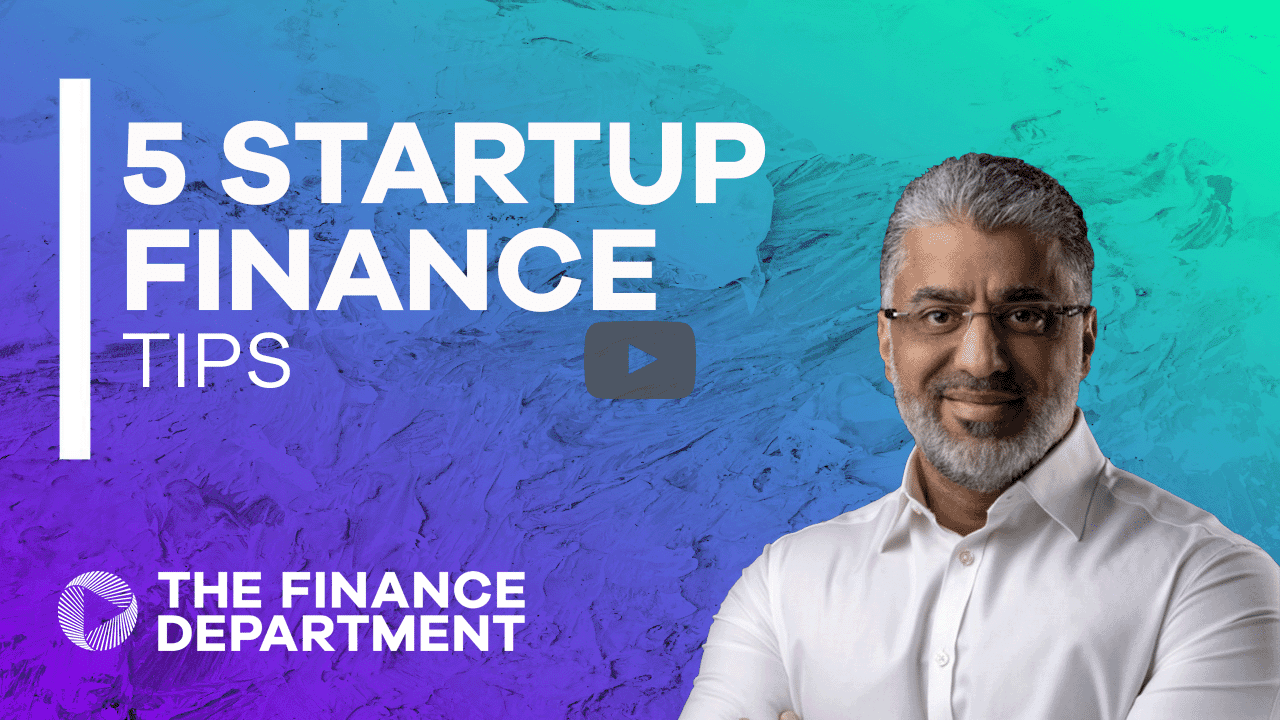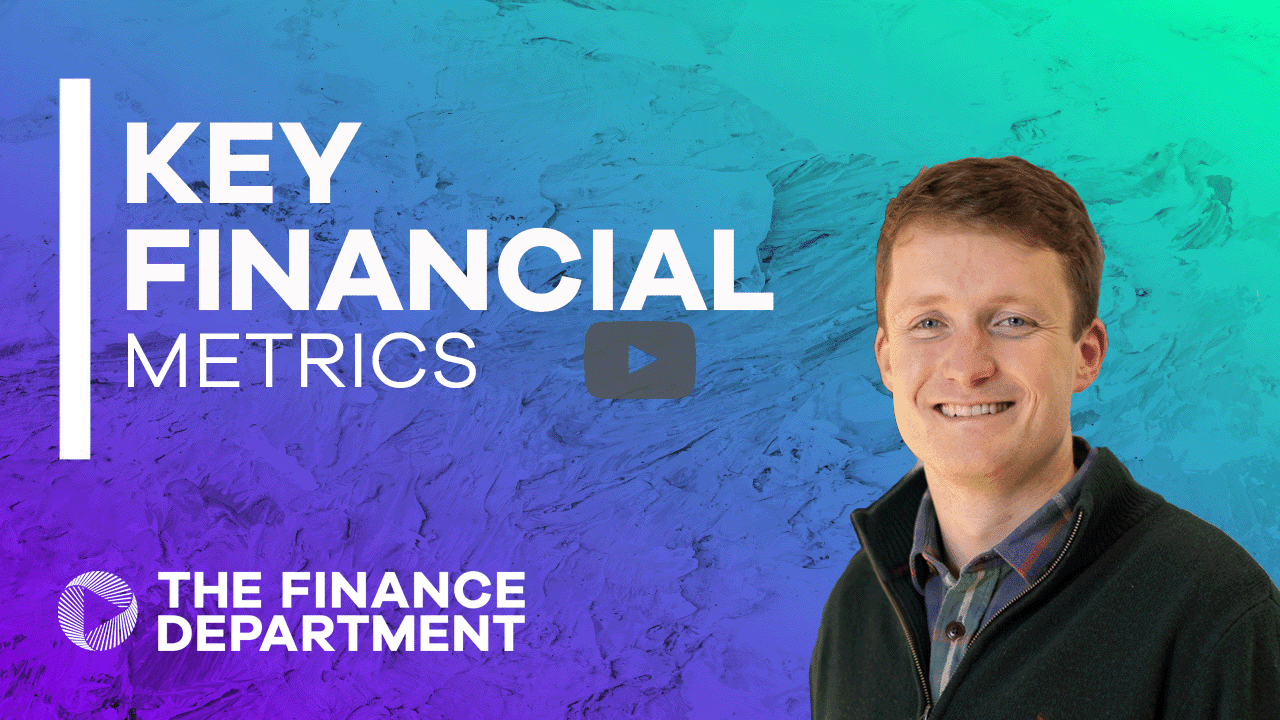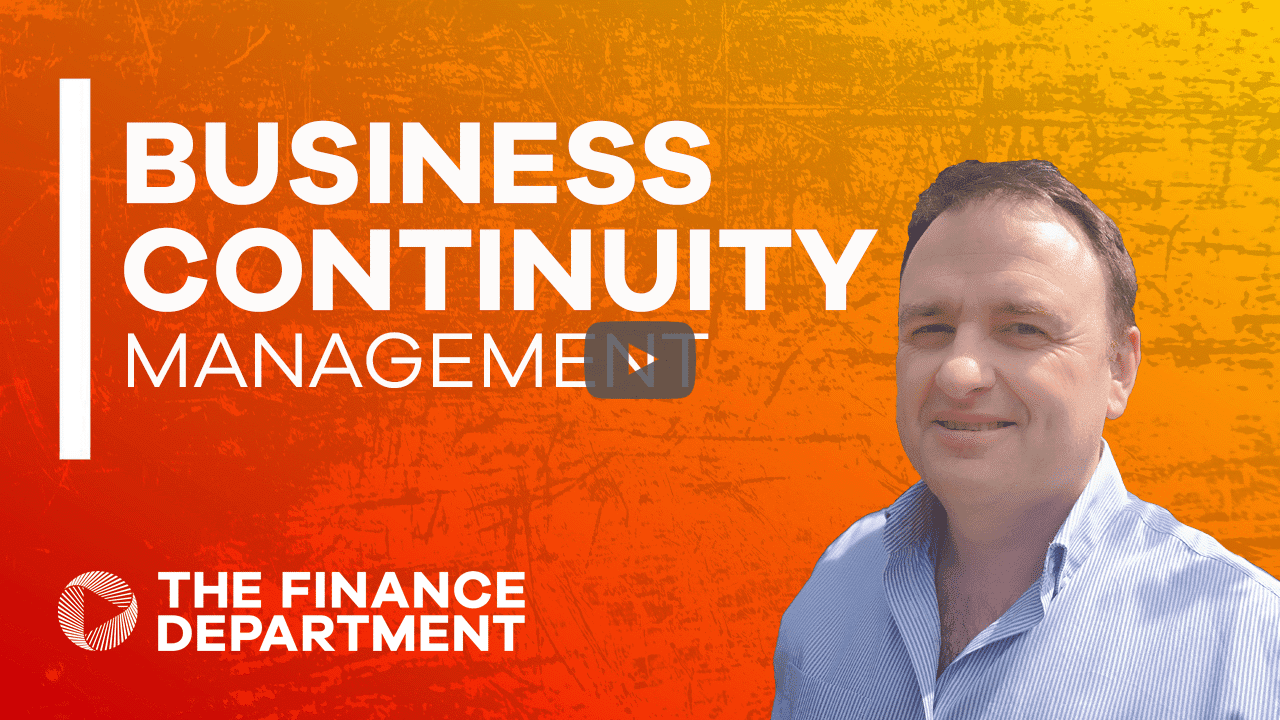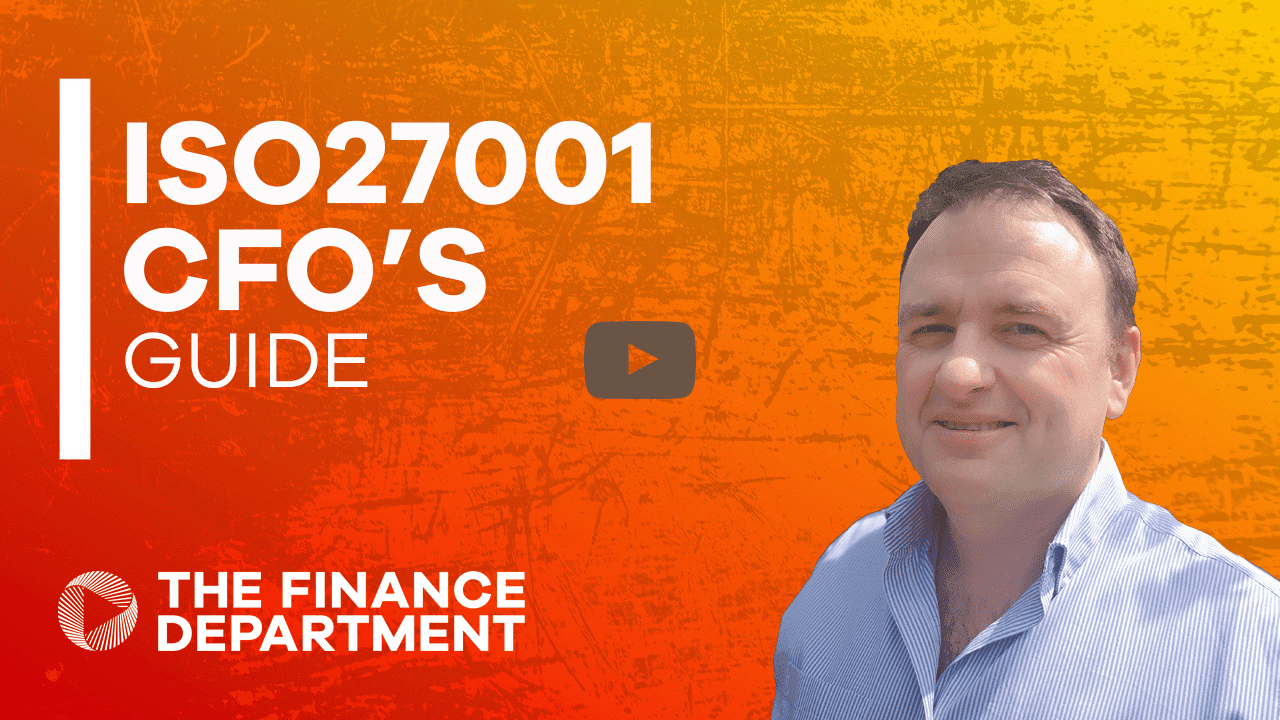Join today and start learning
TFD is the learning platform built for finance professionals.
This content is available as part of our bitesized video series.
Watch this video today by joining our free community.
Join today and start learning
TFD is the learning platform built for finance professionals.
This content is available as part of our bitesized video series.
Watch this video today by joining our free community.
Video : Considerations of a Founder when raising investment
Discover the considerations of a Founder when raising investment.
The first thing to consider when you’re raising a round of funding as a Founder, is that you have many options.
I think it’s very easy in the world of social media to get kind of caught up in that bubble, that the only way as a start-up to raise a round of funding is a VC-Led round, and look that might be a great fit for you as a business but it’s really important that you kind of see things broadly, that that’s just one of the options available to you, you’ve got Angels, you’ve got grant funding that’s out there, you know, maybe even your customers you know, is yours a product that you can sell
annual licenses to, for example, to give you the funds to invest in the growth of your business.
The second thing, if you’re going down the kind of equity fundraising route is being realistic about how long it takes. You need to budget for up to six months for this. And if you don’t, and if you leave it too late, you might get lucky, but equally, that can be to your disadvantage, if you are rushed, if you are needing to close it quickly, that’s only going to be to your detriment in terms of the terms, in terms of valuation and the other terms that come with it, in terms of exhibit investor rights that you’re going to be able to get with the funds that you raise.
The third thing is it is a full-time job. Don’t indulge the idea that you can just dip your toes in fundraising when it comes to that point. It needs to be someone’s full time job that they are delivering as a project to get it done successfully.
The fourth, is that you’ve got to be all over your numbers you’ve got to have your accounting software up-to-date, that’s going to form a key part of any due diligence process and equally, it’s going to inform the budgets in the forecast and what you want to do with the money that you raised and the way that you’re going to be articulating that to investors, that’s what they’re really really going to care about is, okay, what are you going to do with this money?
And where is it going to get us as a business? So, you need to have both a handle on the numbers today, you know what’s the state of the business, which informs, you know, how much you need, alongside, what do you want to do with the amount of money that you raise.
And that’s that final point. Number five, know how much you need and what you’re going to do with it, being really, really kind of clear on that, and making sure that you raise enough money and always raise more than the minimum amount you think that you need because startups are tricky right, there will be unforeseen things and you know not everything will work the first time.
So, you need to kind of build in a bit of margin of safety into the amount that you raise, rather than just raising the bare minimum, and then being stretched way too thin.
Entrepreneur, founded and led Chaser as CEO for 7 years. Built it into the market leading cloud credit control SaaS solution to help businesses get their invoices paid. Raised £3.3m across 3 rounds of funding. Built the team to 25 people.
Previously Qualified Accountant and Finance Director. Started career with Deloitte where I completed my ACA (Associated Chartered Accountant) & CTA (Chartered Tax Adviser) qualifications with first time passes. Then led a succession of startup finance teams at Fever-Tree, WAYN & Idio.
Mainly skilled and experienced in startup fundraising, financial modelling, go to market strategy, recruiting, leadership, team development and marketing/selling through accountants.
Passionate about building brilliant teams who build brilliant businesses that make the world a better place
Video: Considerations of a Founder when raising investment
Discover the considerations of a Founder when raising investment.
The first thing to consider when you’re raising a round of funding as a Founder, is that you have many options.
I think it’s very easy in the world of social media to get kind of caught up in that bubble, that the only way as a start-up to raise a round of funding is a VC-Led round, and look that might be a great fit for you as a business but it’s really important that you kind of see things broadly, that that’s just one of the options available to you, you’ve got Angels, you’ve got grant funding that’s out there, you know, maybe even your customers you know, is yours a product that you can sell
annual licenses to, for example, to give you the funds to invest in the growth of your business.
The second thing, if you’re going down the kind of equity fundraising route is being realistic about how long it takes. You need to budget for up to six months for this. And if you don’t, and if you leave it too late, you might get lucky, but equally, that can be to your disadvantage, if you are rushed, if you are needing to close it quickly, that’s only going to be to your detriment in terms of the terms, in terms of valuation and the other terms that come with it, in terms of exhibit investor rights that you’re going to be able to get with the funds that you raise.
The third thing is it is a full-time job. Don’t indulge the idea that you can just dip your toes in fundraising when it comes to that point. It needs to be someone’s full time job that they are delivering as a project to get it done successfully.
The fourth, is that you’ve got to be all over your numbers you’ve got to have your accounting software up-to-date, that’s going to form a key part of any due diligence process and equally, it’s going to inform the budgets in the forecast and what you want to do with the money that you raised and the way that you’re going to be articulating that to investors, that’s what they’re really really going to care about is, okay, what are you going to do with this money?
And where is it going to get us as a business? So, you need to have both a handle on the numbers today, you know what’s the state of the business, which informs, you know, how much you need, alongside, what do you want to do with the amount of money that you raise.
And that’s that final point. Number five, know how much you need and what you’re going to do with it, being really, really kind of clear on that, and making sure that you raise enough money and always raise more than the minimum amount you think that you need because startups are tricky right, there will be unforeseen things and you know not everything will work the first time.
So, you need to kind of build in a bit of margin of safety into the amount that you raise, rather than just raising the bare minimum, and then being stretched way too thin.
Entrepreneur, founded and led Chaser as CEO for 7 years. Built it into the market leading cloud credit control SaaS solution to help businesses get their invoices paid. Raised £3.3m across 3 rounds of funding. Built the team to 25 people.
Previously Qualified Accountant and Finance Director. Started career with Deloitte where I completed my ACA (Associated Chartered Accountant) & CTA (Chartered Tax Adviser) qualifications with first time passes. Then led a succession of startup finance teams at Fever-Tree, WAYN & Idio.
Mainly skilled and experienced in startup fundraising, financial modelling, go to market strategy, recruiting, leadership, team development and marketing/selling through accountants.
Passionate about building brilliant teams who build brilliant businesses that make the world a better place









